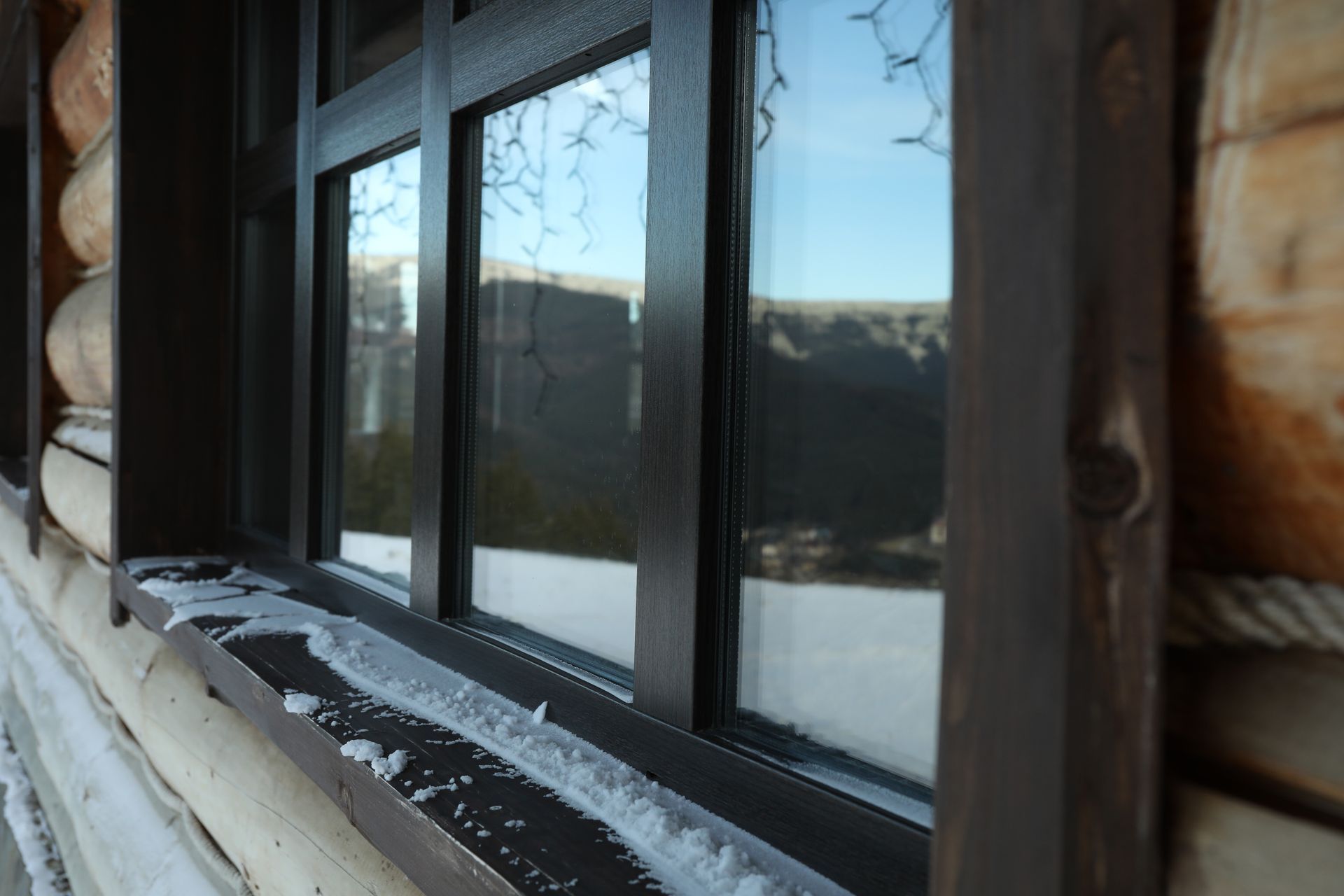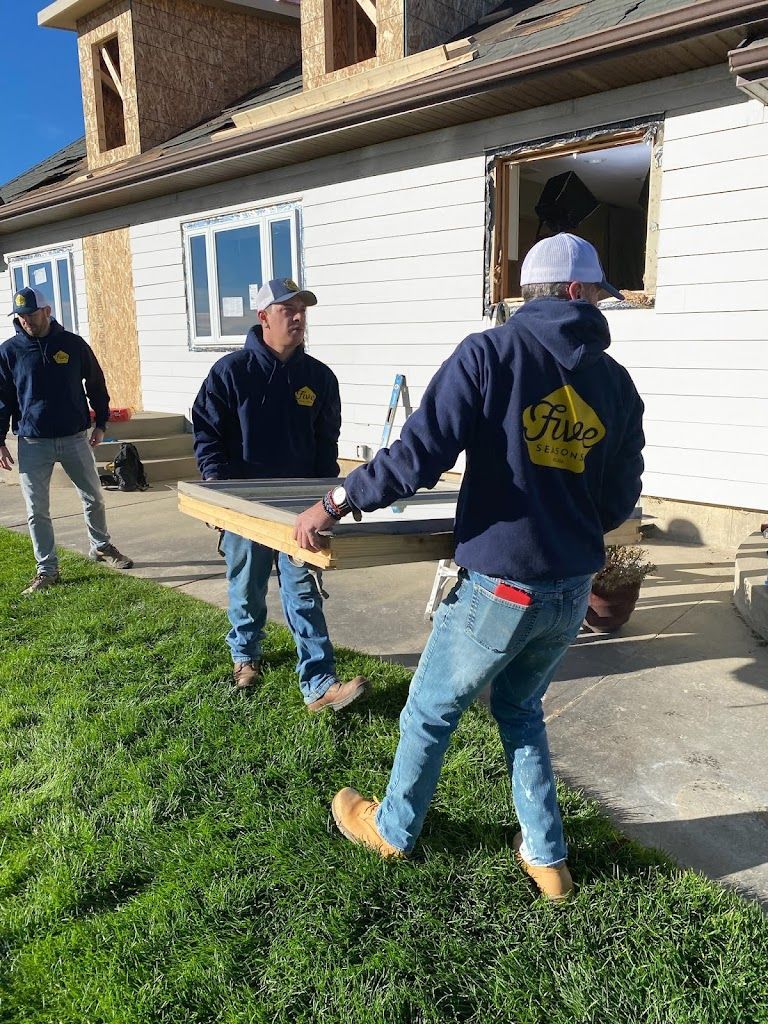Insulated vinyl windows are an excellent choice for Colorado homeowners seeking energy efficiency, weather resilience, and low maintenance. With multi-pane glass and sealed vinyl frames, these windows reduce energy loss and help stabilize indoor temperatures despite Colorado’s sharp seasonal shifts. Whether you're facing snowy winters or dry summer heat, insulated vinyl windows provide cost-effective protection and comfort all year long.
Recent studies from the U.S. Department of Energy show that upgrading to properly insulated windows can cut household energy bills by 12% or more, with even greater savings in colder climates. Colorado's wide daily temperature swings and high UV exposure make energy-efficient materials not just beneficial—but essential.
What Makes a Vinyl Window “Insulated”?
Insulated vinyl windows aren’t just regular windows with better marketing—they’re engineered for performance. The term "insulated" refers primarily to the glass construction and frame design. Most insulated vinyl windows feature dual- or triple-pane glass separated by inert gas (like argon or krypton), which acts as a barrier to heat transfer. This significantly reduces the loss of indoor heat in winter and prevents heat gain during summer.
In addition to advanced glazing, insulated vinyl windows use welded, multi-chambered frames. These chambers help trap air and reduce thermal conductivity across the frame. High-quality models often include Low-E coatings to further reflect UV rays and regulate heat without sacrificing light. When all these components work together, the result is a tightly sealed, energy-smart window that performs exceptionally well in Colorado’s demanding climate.

Why Insulated Vinyl Windows Are Ideal for Colorado
Colorado’s climate is unique—cold winters, hot summers, low humidity, and intense sunlight due to high elevation. These factors can wreak havoc on poorly insulated windows. Insulated vinyl models, however, are specifically designed to handle these challenges. Their tightly sealed frames and multiple panes make them ideal for homes that need to conserve energy while battling temperature extremes.
In winter, insulated vinyl windows help retain interior warmth by minimizing heat loss through the glass and frame. During hot summer days, they prevent outdoor heat from seeping in—maintaining cooler indoor temperatures with less effort from your HVAC system. This not only enhances comfort but also lowers your energy bills.
Furthermore, UV-resistant coatings protect your furniture, flooring, and interiors from sun damage—a common issue in Colorado homes. Add to that their moisture-resistant vinyl frames that don’t crack or warp in dry air, and it’s easy to see why this window style has become so popular across the state.
Comparing Insulated Vinyl to Other Materials
When comparing insulated vinyl windows to other materials like wood, aluminum, or fiberglass, a few key differences stand out. Vinyl is generally more affordable than fiberglass or wood, making it a great option for homeowners on a budget. Unlike wood, vinyl doesn’t require frequent painting or sealing, which reduces maintenance costs over time.
In terms of energy efficiency, insulated vinyl often outperforms aluminum, which is a poor insulator due to its high thermal conductivity. Fiberglass windows can offer slightly better performance and durability than vinyl, but they come at a higher price point. For many homeowners, insulated vinyl hits the sweet spot: it’s efficient, reliable, and cost-effective.
Aesthetically, vinyl has come a long way. Modern designs offer various finishes, including woodgrain textures, to mimic more expensive materials. If performance, price, and low maintenance are your top priorities, insulated vinyl is hard to beat—especially in the diverse conditions found throughout Colorado.
Cost vs. Value in Colorado Homes
Insulated vinyl windows offer one of the best returns on investment for Colorado homeowners. They are less expensive upfront than wood or fiberglass and provide long-term savings through lower utility bills and reduced maintenance needs. In fact, homeowners can expect to recoup 70–80% of their investment in resale value alone, according to national remodeling data.
The value is even more evident when factoring in energy savings. By improving your home’s thermal envelope, these windows reduce your reliance on heating and cooling systems, which can significantly lower your monthly bills. Over time, those savings can add up to thousands of dollars.
Moreover, insulated vinyl windows improve curb appeal and help position your home as “energy efficient” in real estate listings—a highly attractive trait in today’s eco-conscious housing market. Whether you’re staying put or planning to sell, these windows pay off in more ways than one.
Common Misconceptions About Vinyl Windows
Myth 1: Vinyl windows don’t last long.
Truth: High-quality vinyl windows can last 20–30 years, especially when installed properly and maintained seasonally.
Myth 2: Vinyl looks cheap and can't be customized.
Truth: Modern vinyl windows come in a range of finishes, including wood-look textures and various colors. You’re no longer limited to flat white.
Myth 3: Vinyl can’t withstand Colorado weather.
Truth: Today’s insulated vinyl windows are made with UV-resistant materials and welded frames that handle dry air, sun exposure, snow, and strong winds with ease.
Myth 4: Energy savings are minimal.
Truth: Insulated vinyl windows significantly reduce energy transfer, especially when paired with Low-E glass and argon-filled chambers. Over time, the savings are measurable.
People Also Ask About
1. Are insulated vinyl windows energy-efficient in Colorado’s climate?
Yes, insulated vinyl windows perform exceptionally well in Colorado’s climate. Their multi-pane construction, often filled with inert gases like argon, helps reduce thermal transfer in both hot summers and cold winters. The insulated vinyl frames also resist heat conduction, keeping indoor temperatures more stable. This combination reduces the load on HVAC systems, translating to measurable energy savings year-round.
2. How long do insulated vinyl windows typically last?
Insulated vinyl windows usually last 20 to 30 years with minimal maintenance. Their durability comes from modern fabrication techniques, UV-resistant coatings, and sealed frames that prevent warping, cracking, or fading over time. In Colorado, where sunlight and dryness can damage lesser materials, quality vinyl holds up surprisingly well. Routine cleaning and periodic inspections can help ensure they stay efficient for decades.
3. What’s the difference between standard vinyl and insulated vinyl windows?
Standard vinyl windows may use single or double-pane glass with basic framing, while insulated vinyl windows incorporate multi-pane glazing, thermal breaks, and sometimes low-E coatings. These enhancements significantly boost energy efficiency by reducing heat loss and preventing drafts. For Colorado homes, insulated versions offer stronger protection against the state's extreme temperature swings and higher UV exposure.
4. Can insulated vinyl windows help reduce noise?
Yes, insulated vinyl windows provide notable noise reduction benefits. Their dual or triple-pane construction, combined with tightly sealed frames, helps block external sounds like traffic, wind, and neighborhood activity. While not fully soundproof, they make a noticeable difference—especially important in urban or high-traffic areas of Colorado. Adding laminated glass can enhance this effect even further.
5. Are insulated vinyl windows a good investment for resale value?
Absolutely. Insulated vinyl windows are viewed by buyers as energy-efficient upgrades that lower utility costs and require little upkeep. They enhance curb appeal and signal that the home has been updated with modern, performance-focused materials. In competitive Colorado markets, energy-efficient features like these can make a home more attractive and justify a higher asking price.
Our Take
At Five Seasons Windows and Doors, we’ve seen how insulated vinyl windows transform homes across Colorado—from reducing monthly energy bills to eliminating drafty rooms. For homeowners looking for the best mix of value, performance, and durability, they remain one of the most reliable window options available.
Our team installs a wide range of insulated vinyl windows, all built to handle Colorado’s unique climate pressures. We also help customers compare materials like fiberglass or wood when higher-end or design-specific solutions are needed.

Final Takeaway
Insulated vinyl windows are more than a budget-friendly upgrade—they’re a smart long-term decision for Colorado homes. Their superior insulation, low maintenance requirements, and flexible design options make them ideal for both new builds and older home retrofits. Whether you're aiming to cut costs, boost comfort, or increase property value, insulated vinyl windows deliver results you’ll notice year after year.
Looking to compare fiberglass vs. vinyl? Check our in-depth guide to The Top Benefits of Fiberglass Windows in Colorado for a detailed breakdown.
Get Started Today
Five Seasons Windows & Doors is Colorado’s top-rated local window company with 230+ 5-star reviews. We offer expert advice, no-pressure quotes, and flexible project options — including phased installs. Schedule your consult today.



